UP LAW DELEGATION UNDERTAKES BENCHMARKING VISIT ON ARTIFICIAL INTELLIGENCE AND LEGAL EDUCATION IN SOUTH KOREA
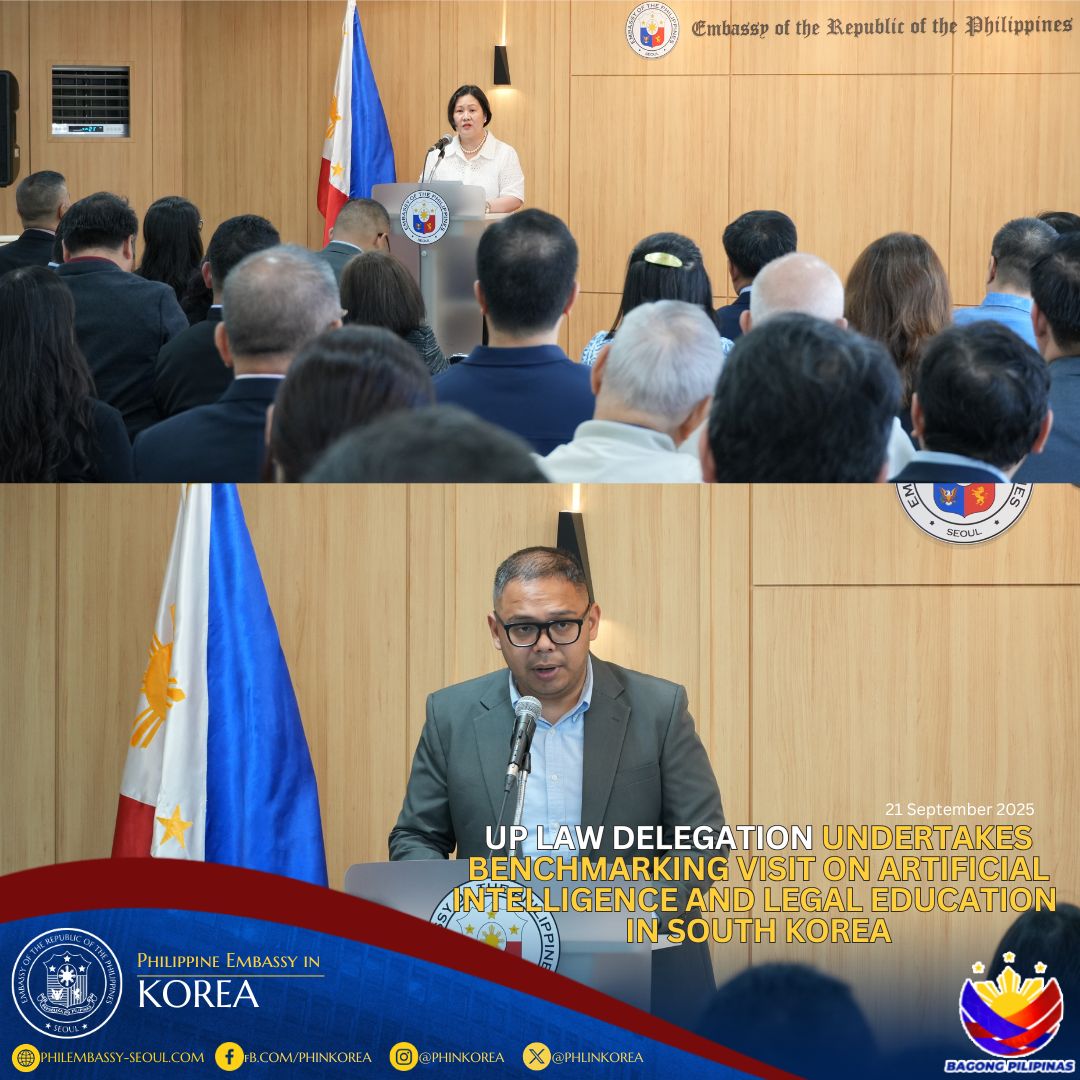
(PHOTOS: Above - H.E. Ambassador-designate Bernadette Therese C. Fernandez delivers her welcoming remarks to the 50-member delegation from the UP College of Law. Below - Professor Paolo Emmanuel S. Tamase, Associate Dean, UP College of Law speaks on behalf of Professor Gwen G. De Vera, Dean, UP College of Law.)
21 September 2025, Seoul, Republic of Korea – A 50-member delegation from the University of the Philippines (UP) College of Law, led by Associate Dean Paolo Emmanuel S. Tamase and former UP President Danilo L. Concepcion, paid a courtesy call at the Sentro Rizal Hall of the Philippine Embassy in Seoul, where they were warmly received by Ambassador-designate Bernadette Therese C. Fernandez.
In her welcome remarks, Ambassador-designate Fernandez highlighted the timeliness of the UP Law visit amid the Philippines–Korea strategic partnership and the vital role of the Filipino community and scholars in strengthening bilateral ties. She also underscored South Korea’s leadership in digital transformation and artificial intelligence, encouraging the delegation to draw lessons for Philippine legal education and future cooperation.
The visit also provided the delegation an opportunity to meet with officers of the UP Alumni Association Korea Chapter (UPAA Korea), where lively exchanges of ideas on legal innovation and community-building took place.
Also present during the courtesy call were Consul General Edwin Gil Mendoza, Consul Flaureen D. Dacanay, and Labor Attaché Atty. Rosemarie G. Duquez.
The courtesy call formed part of a broader benchmarking study conducted by the UP College of Law from 19 to 23 September 2025. The program aimed to broaden the perspectives of the faculty by drawing from South Korea’s leadership in legal pedagogy, legislative innovation, and its rapidly developing artificial intelligence ecosystem.
As part of their itinerary, the delegation visited the Korea Legal Research Institute, the Seoul AI Hub, and the Seoul National University College of Law, where discussions centered on curriculum development, policy-making, and the integration of AI tools into both legal instruction and practice.
This initiative reflects UP Law’s continuing commitment to international collaboration and its proactive role in preparing future generations of Filipino lawyers to navigate the challenges and opportunities presented by emerging technologies. END
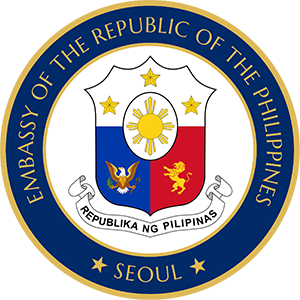

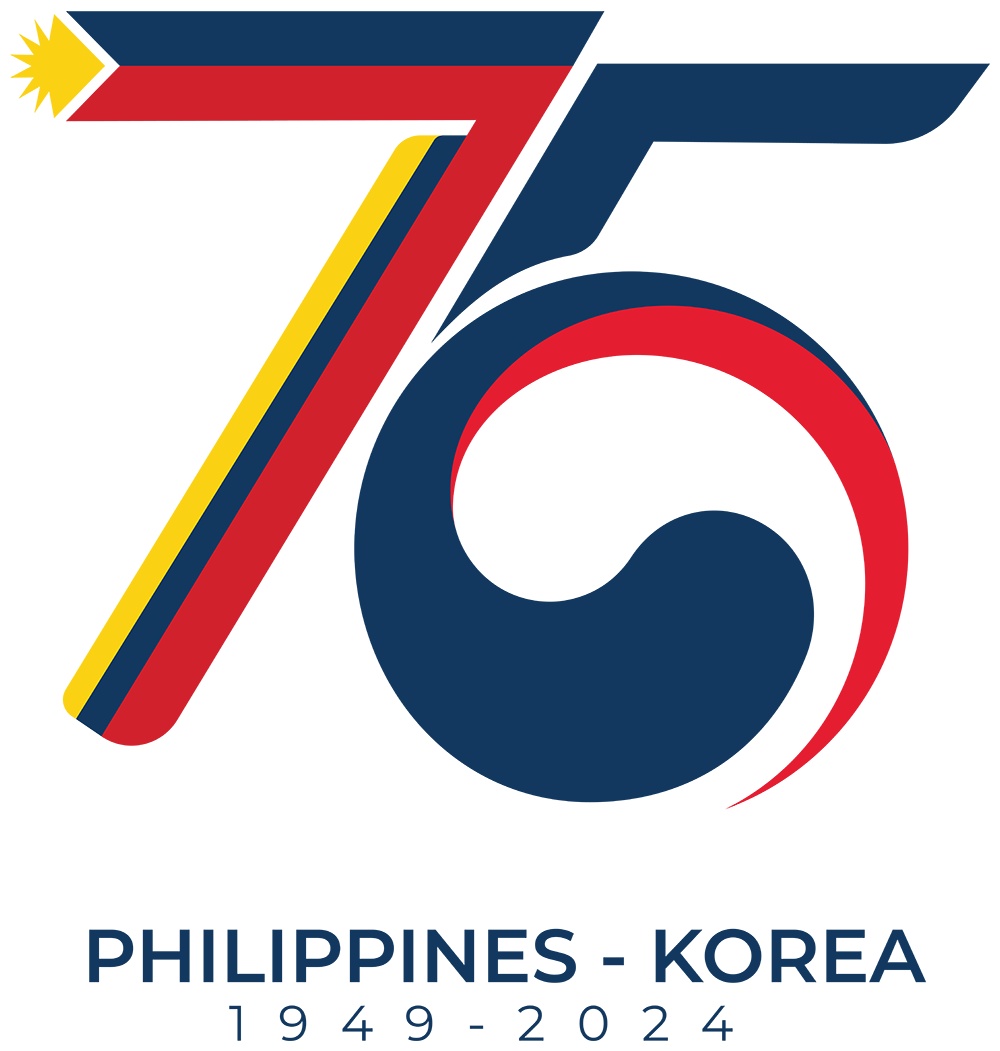
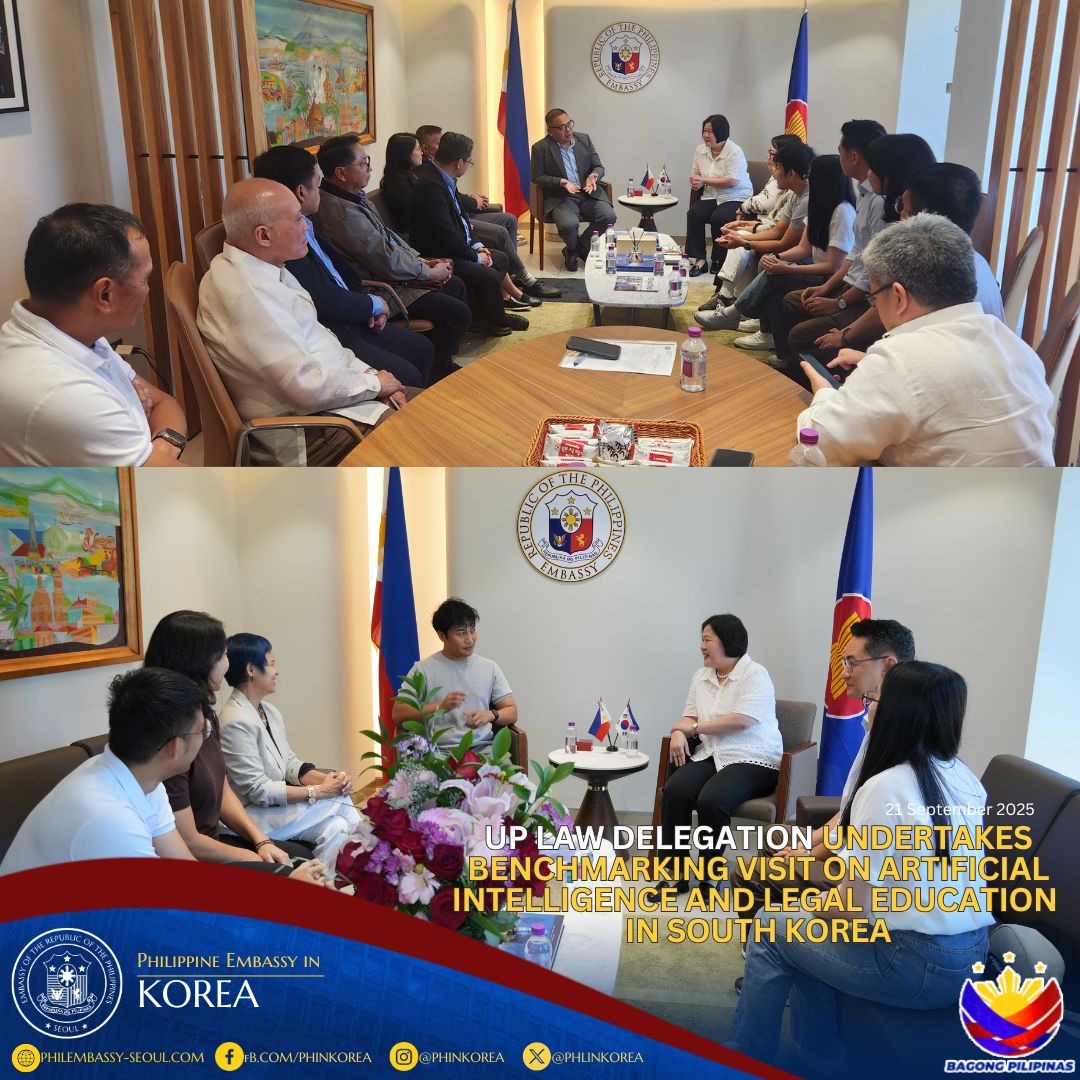
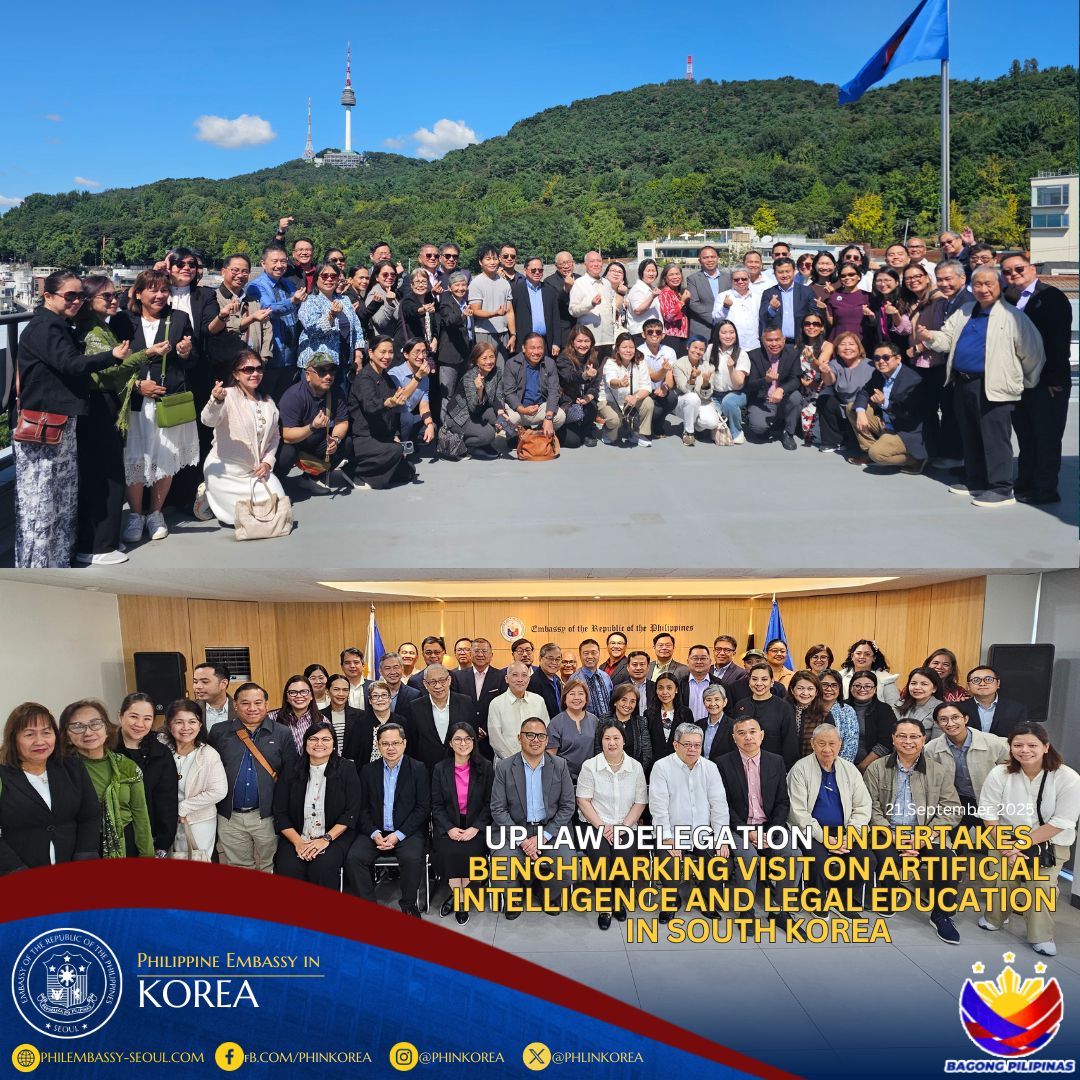
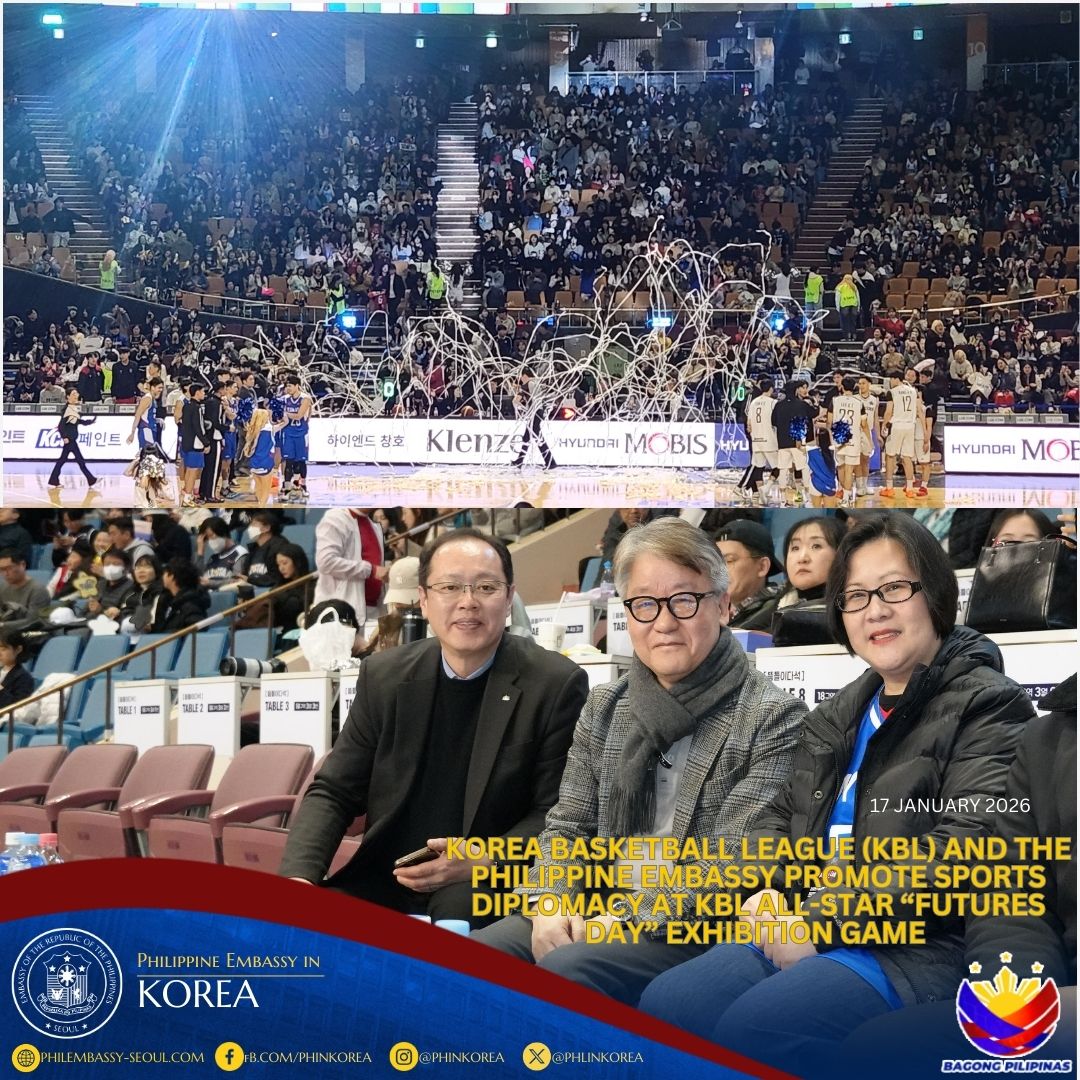 January 21, 2026
January 21, 2026
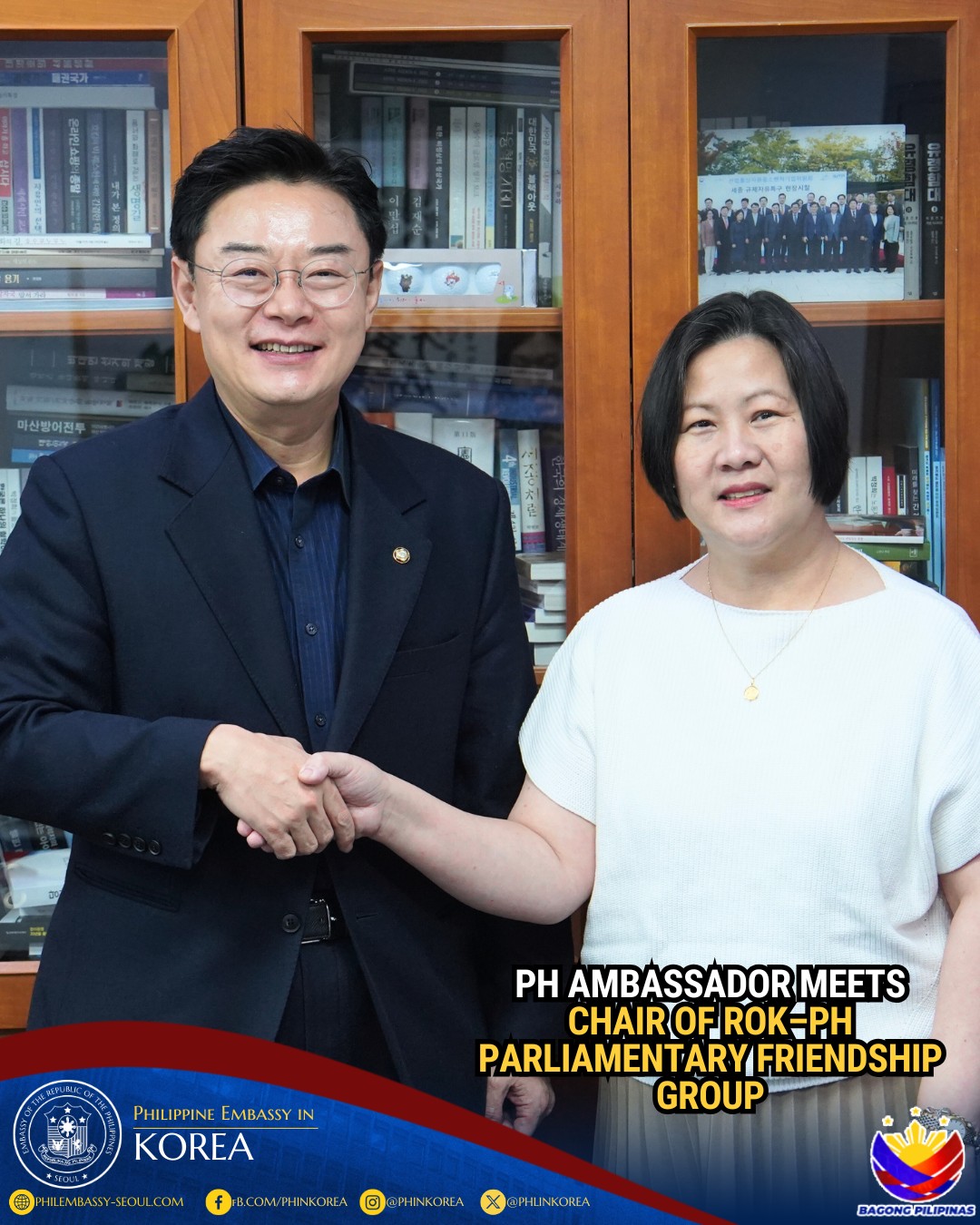 January 13, 2026
January 13, 2026
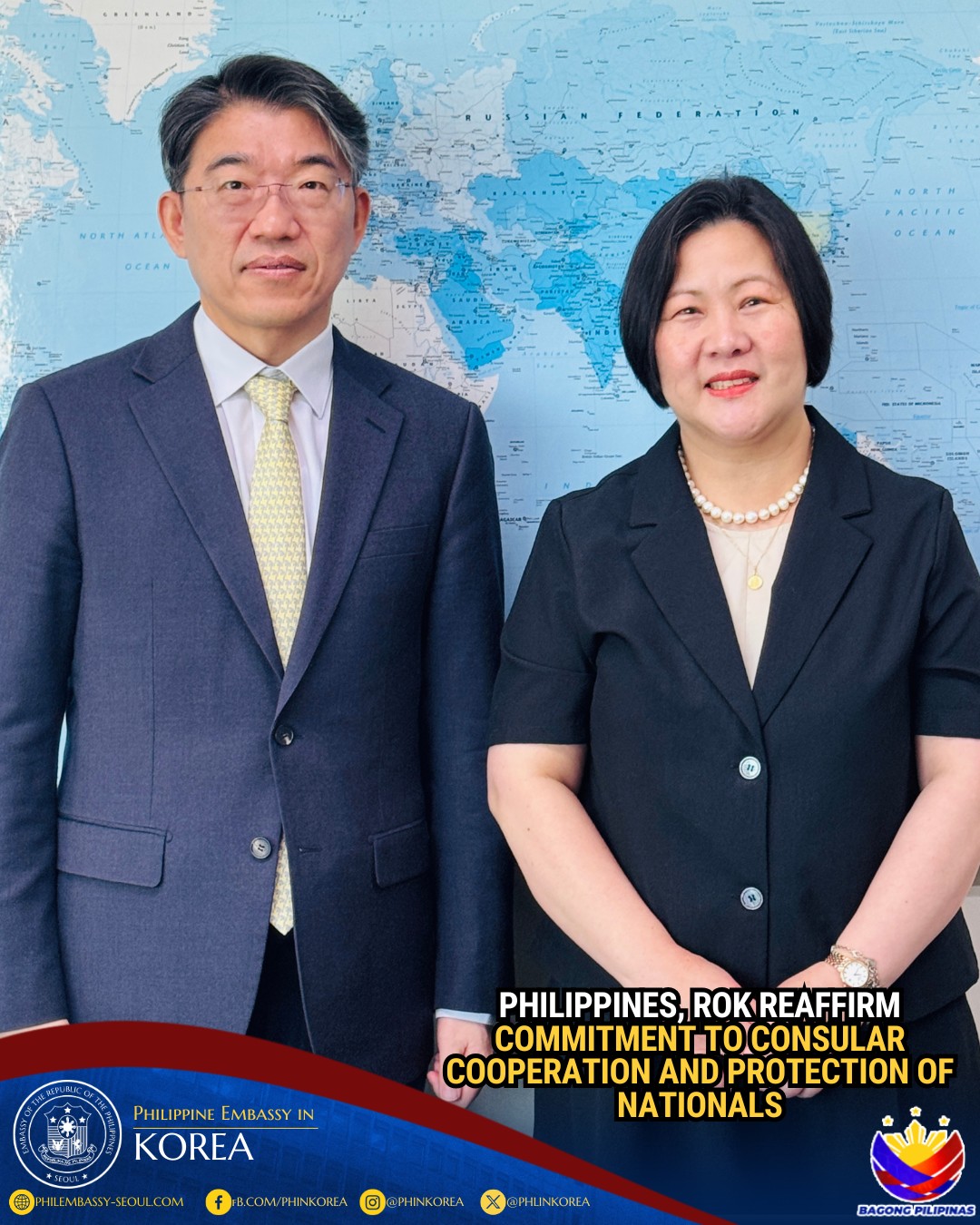 January 12, 2026
January 12, 2026
